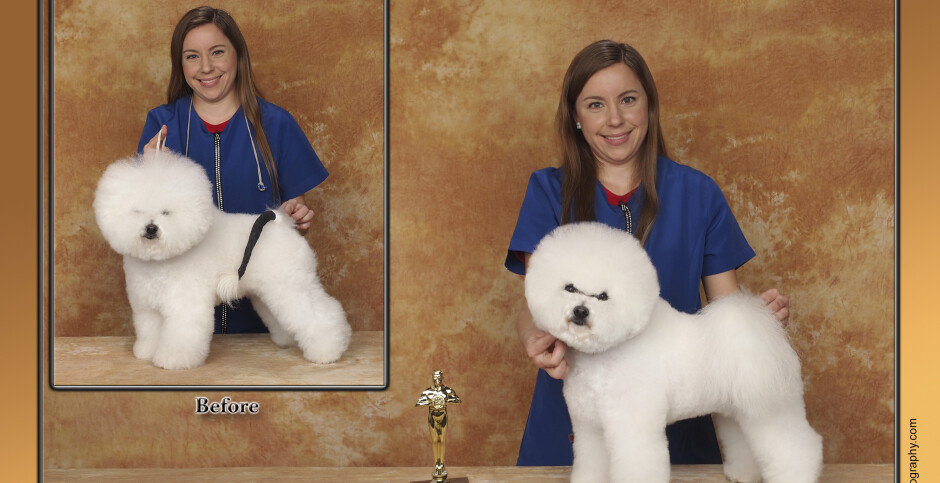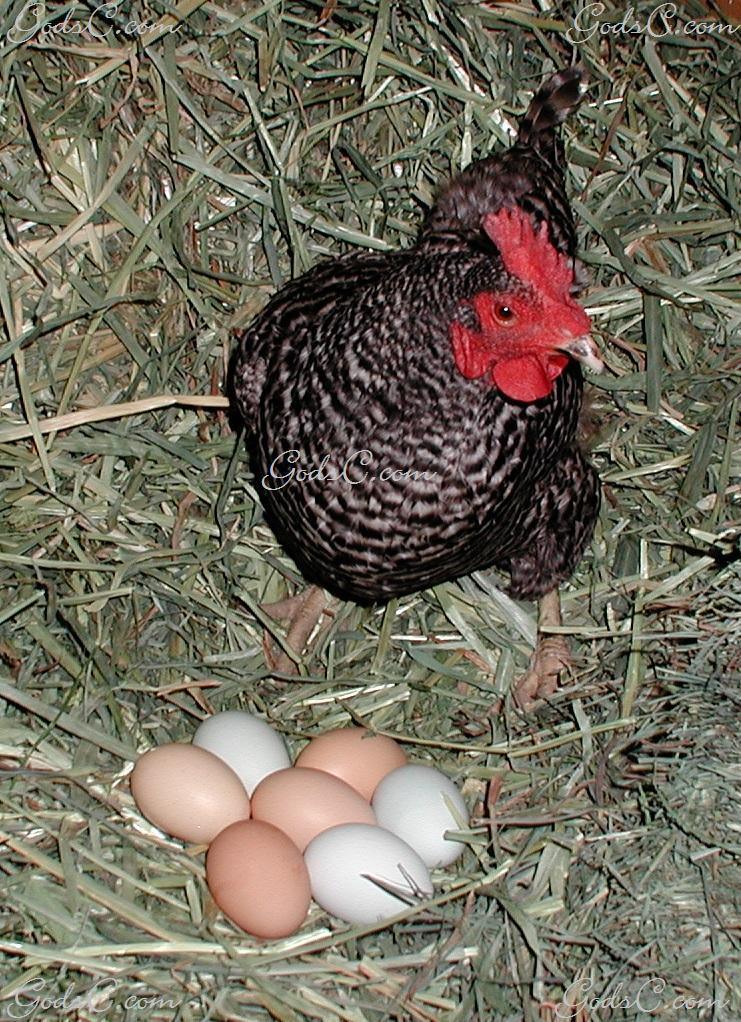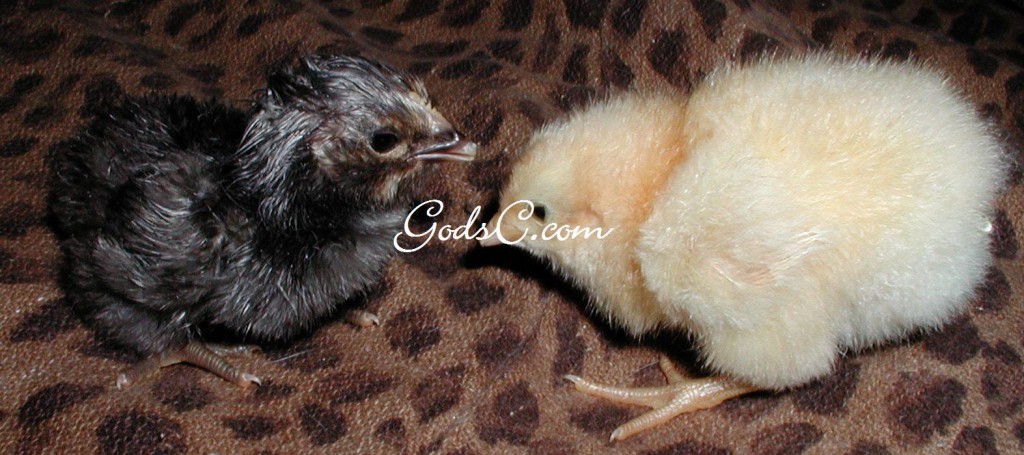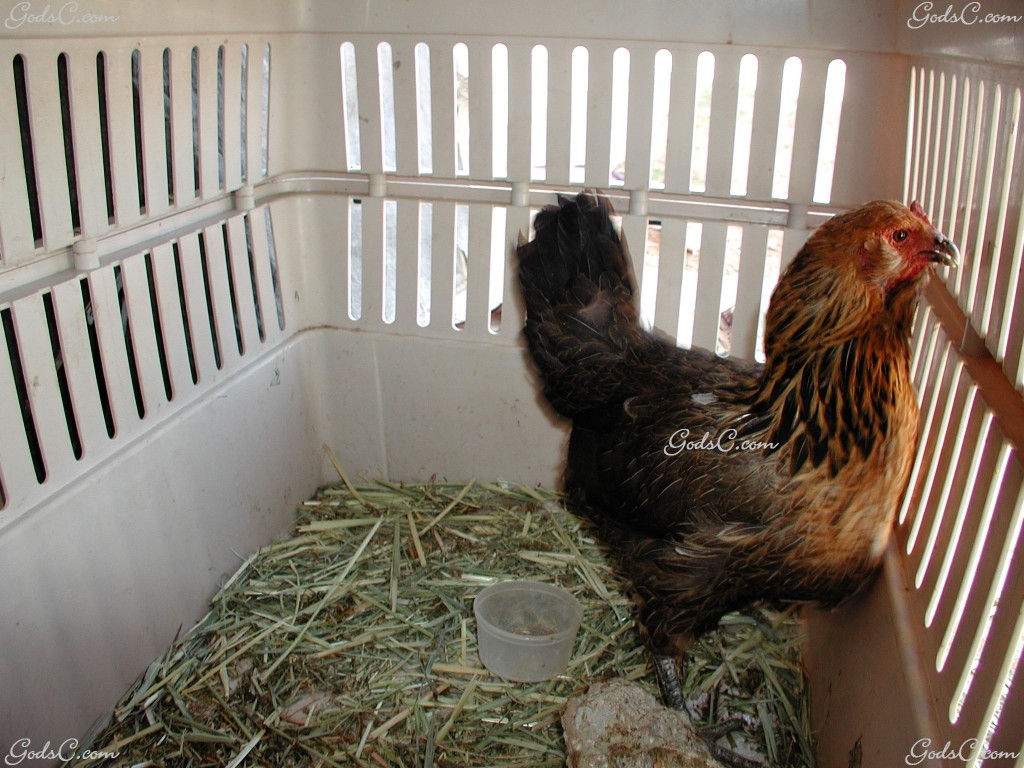Brooding Hens
Updated on 7/27/13, Originally posted on 9/24/11
Weekly Bible Verse: Psalm 36:7 How precious is Your lovingkindness, O God! Therefore the children of men put their trust under the shadow of Your wings.
A brooding hen can be a great benefit because she can hatch out new chickens for you!
When a hen is starting to brood they usually will NOT leave the nest box when you approach. A broody hen will fluff up her feathers when touched and even try to bite you sometimes. Another obvious sign of a broody hen is she will always be sitting on her nest and only leave the nest about two times a day to eat and drink.
If you choose to let your hen hatch out some eggs make sure your eggs are fertile (if you have a roost the eggs should be fertile). If you do not have a rooster you can find someone that dose and buy 10-12 eggs from them. We sell hatching eggs so you can buy them from us, if you live in California, but we do not ship our eggs at this time. It is best to separate your brooding hen from the rest of your flock. Make sure you pick a nice quiet, safe spot for the hen to raise her chicks. Also make sure you place food and water near the hen.
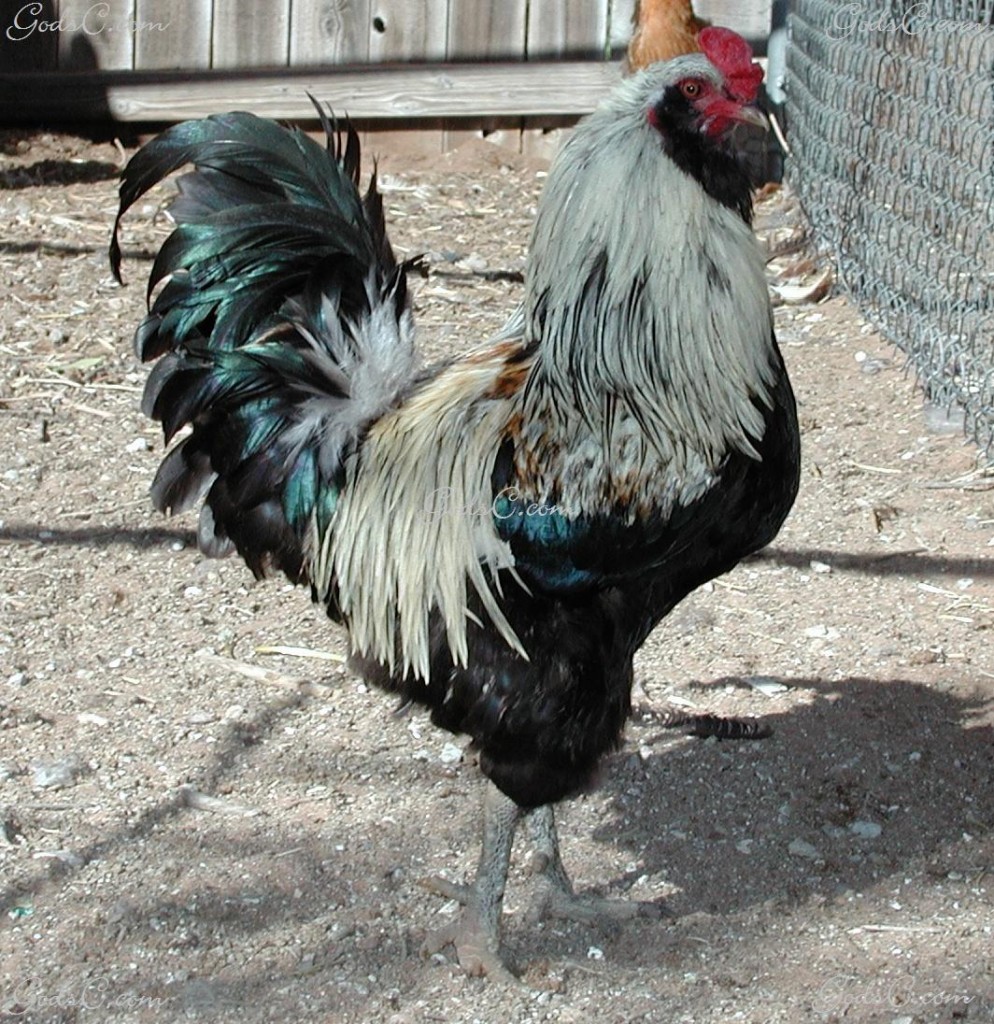
Before you move a broody hen make sure she has been broody for several days. If you move a newly broody hen, often they will stop brooding. I like to use dog kennels for my hens to brood in because it is a confining area so the hen will think more about brooding and not exploring the new area. When you move the hen give her about 3 eggs to practice brooding on. Once your hen has been setting in the new cage or area for about 3 days you can take the practice eggs away and add the actual eggs you want the hen to hatch. If you feel your hen is not always setting on the practice eggs at day 3 give her more time to settle in. After you are sure she is setting on the eggs all the time, add the new eggs you want her to hatch. Be sure to remove the practice eggs and mark the date on the calendar so you know when to expect the chicks to hatch.
If all goes well, in 20-21 days you will have new chicks and the hen will or should take care of the chicks. All you need to do is supply the chick start feed and water for the chicks. Also make sure the chicks are safe from drowning and from predators like hawks. The mamma hen should do the rest.
If you do not what your hen to brood just take away all the eggs every day and she should stop brooding in a week or two.
